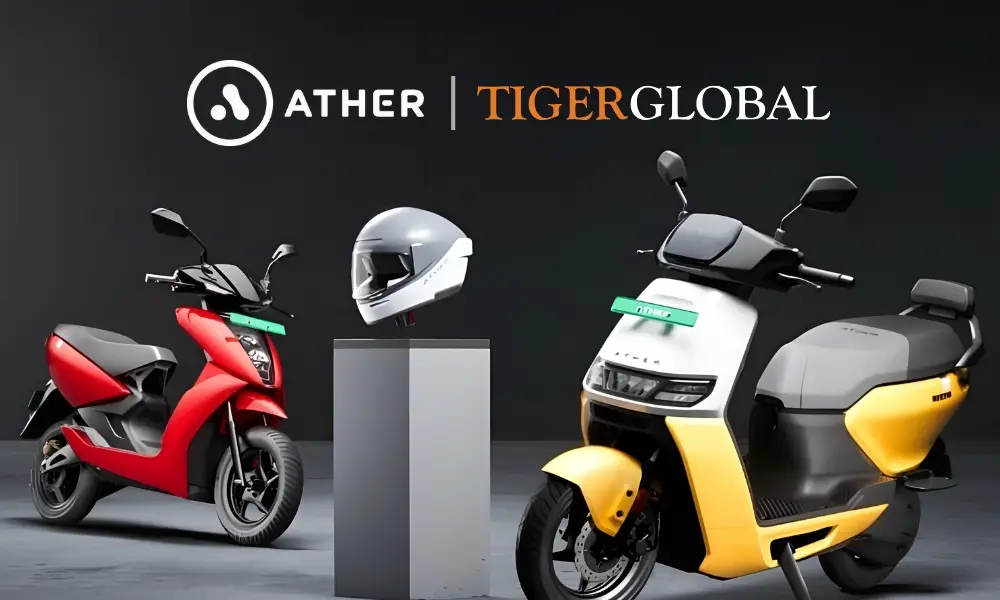India has come a very long way in terms of technology. Not just for personal needs, but even for industrial needs, everything is being served, delivered, or made accessible with the help of technology today. But as we all know, it all started and rose in the last 10 years. Even though technology and internet adoption are rising, there are still numerous gaps in the country. One such gap we need to discuss is how today it is being served by one unicorn company.
In India and many other countries, industrial procurement has always been a slow, fragmented, and costly affair. Manufacturers and infrastructure firms often deal with dozens of suppliers, unreliable delivery schedules, inconsistent product quality, and a constant shortage of working capital. What should be a simple process of buying tools, equipment, or raw materials ends up draining time, money, and efficiency. This eventually leads to delays, thereby increasing the costs. This is when a startup was born to solve this. The company I am talking about is Moglix. Moglix was founded by Rahul Garg in 2015, an IIT Kanpur alumnus who had formerly worked at Google.
By digitizing procurement, standardizing product catalogs, integrating logistics, and even providing supply chain finance, it turned a traditionally messy back-office function into a streamlined, technology-driven process. The early vision was clear: to create a technology-led B2B marketplace for maintenance, repair, and operations (MRO) goods such as fasteners, tools, safety equipment, and electricals. By building a trusted catalog, reliable logistics, and procurement workflows, Moglix offered something both SMEs and large enterprises were desperately missing, which is convenience, cost savings, and control. That’s how the journey started.
The company has almost a decade of experience now. But in this journey, many investors have backed this company. The idea of Moglix has attracted strong investor interest. That helped Moglix to raise funds from well-known players in the market such as Accel, Jungle Ventures, and Sequoia Capital. Even in later stages, Tiger Global and Falcon Edge have backed this company. In May 2021, Moglix raised $120 million and entered the unicorn club with a valuation of about $1 billion. Less than a year later, in January 2022, it raised another $250 million in a Series F round, pushing valuations toward $2.6 billion.
But how did this company raise funds, and what exactly helped them to do all of that? Let’s dig deeper and understand it better. One of the main successes of the company is attributed to its business. They focused on one of the most neglected sectors. They focused on industrial MRO, and that is a huge industry with a large market size. What’s more compelling is the amount of digitization in that industry is too low. So, when a company tried to solve that issue, it helped them to scale faster, and in turn, the company made good business. And that’s the initial point.
But after the company started scaling and getting clients, it got some good large clients. That helps them to maintain a consistent revenue. As they dealt with enterprises, winning large clients early gave them recurring, high-value orders and predictable growth. Then comes the tech-led standardization. Moglix built a trusted catalog of over 500,000 SKUs with verified suppliers and standardized quality. This eliminated the biggest pain point for procurement managers: uncertainty over product reliability and vendor trust.
And on top of all the services they provide, they also offered financing. Moglix innovated with Moglix Capital, offering credit and working capital solutions to SMEs and suppliers. This strengthened loyalty on both sides of the marketplace. So, it is more like an integration of the business. And they didn’t just stop at offering these financing solutions. In 2020, Moglix acquired Vendaxo and expanded into manufacturing services like contract manufacturing of PPE kits, cement, and chemicals. This diversification made it more powerful in this industry.
So when a company does these many integrations, it reflects on the financials. Let’s look at the financials to understand the performance of the company. Moglix has grown rapidly over the last few years, moving from being an Indian startup to a global B2B commerce player with operations across India, Singapore, the UK, and the UAE. According to its latest Singapore filings, the Bengaluru-based unicorn reported an operating revenue of $681.5 million (₹5,700 crore) in FY25, up 15% from $591 million in FY24. Including other income, the total revenue stood at $692.8 million in FY25, compared to $601 million the year before. Moglix managed to halve its losses from $21.7 million in FY24 to $11.3 million in FY25 because of its improved margins and tighter cost controls.
So, it clearly shows the huge scale the company had. What makes Moglix stand out is not just its unicorn valuation or revenue milestones, but its ability to blend technology with trust, scale with sustainability, and growth with discipline. From empowering SMEs with finance and access to reliable supplies to helping large enterprises cut costs and improve efficiency, Moglix has built an ecosystem that fuels India’s manufacturing backbone. In many ways Moglix is building the future of industrial commerce










